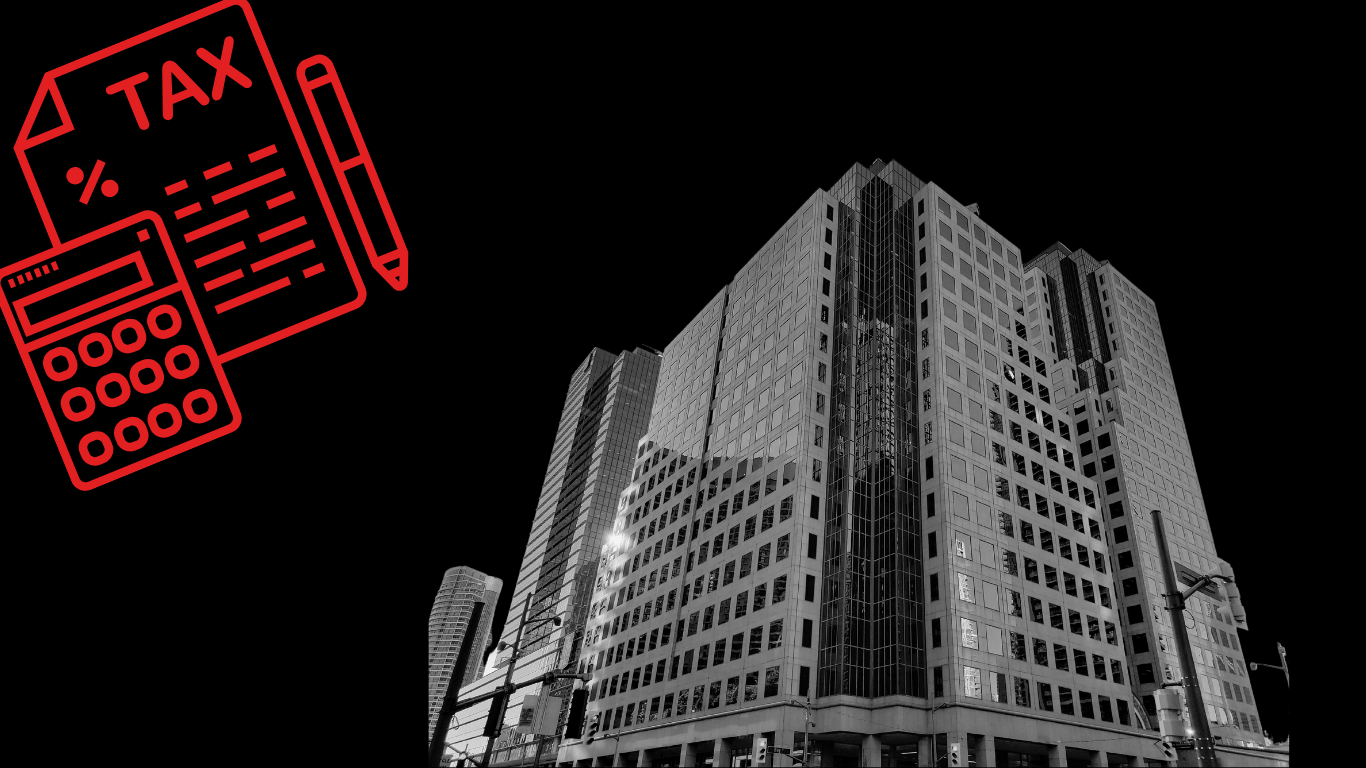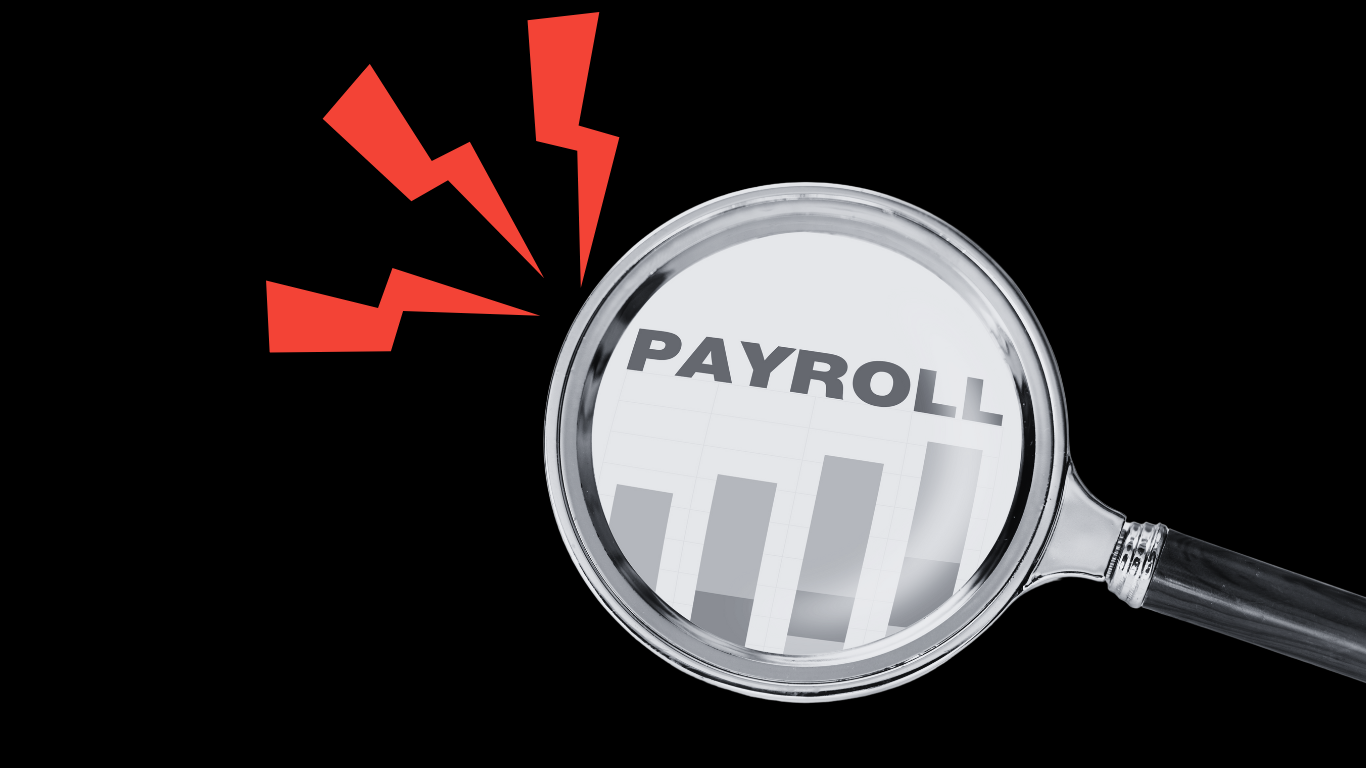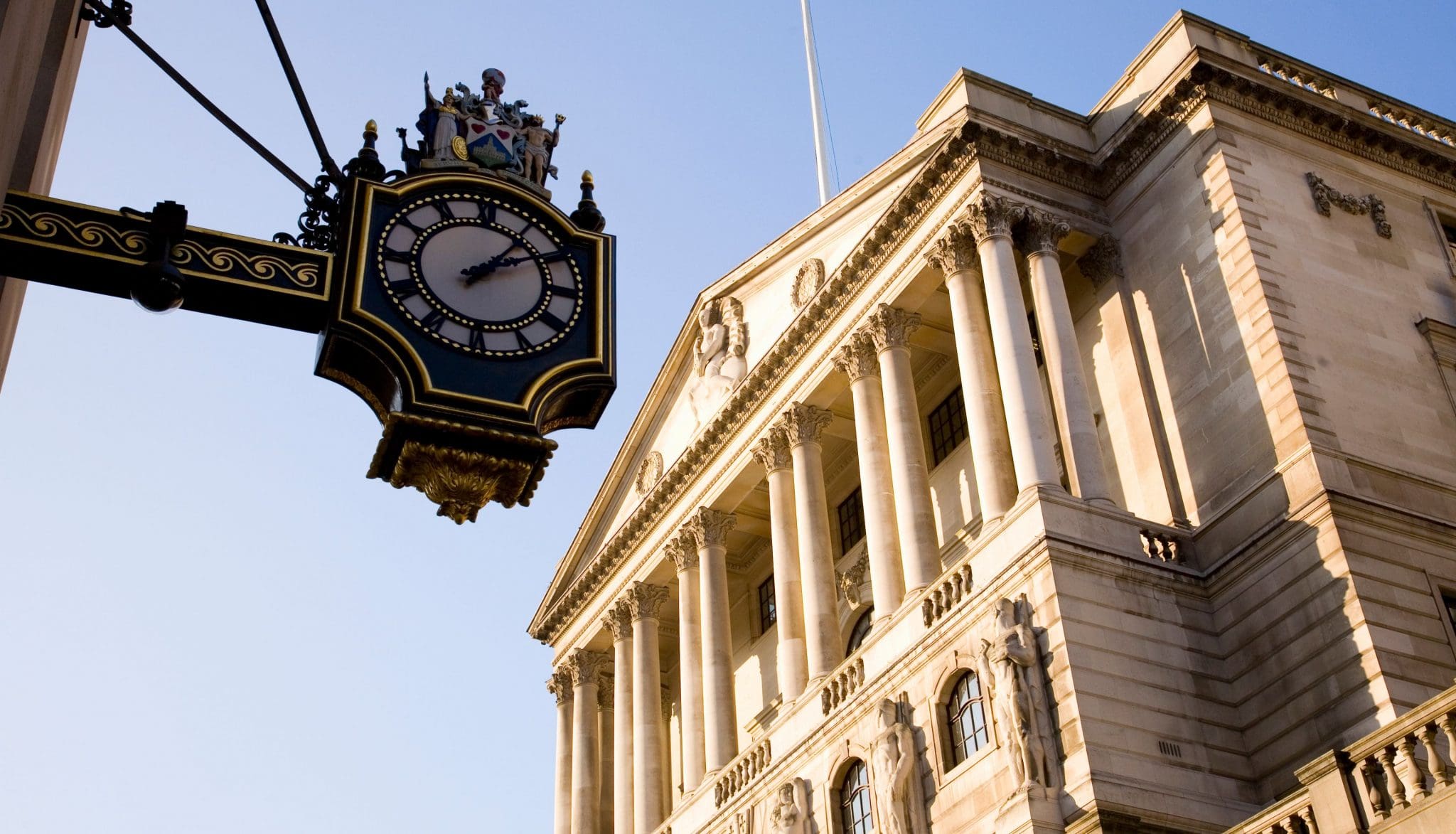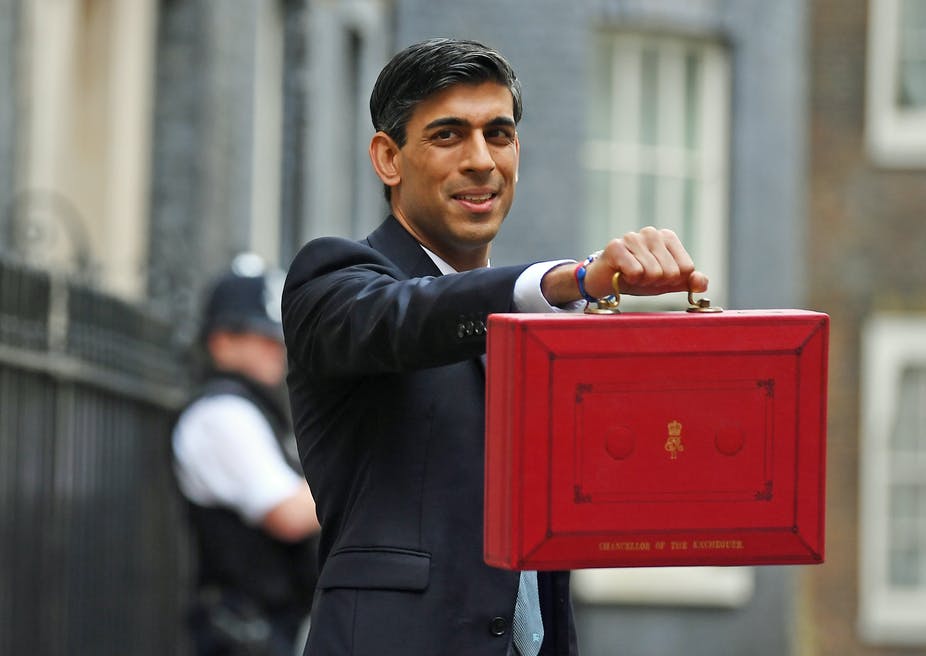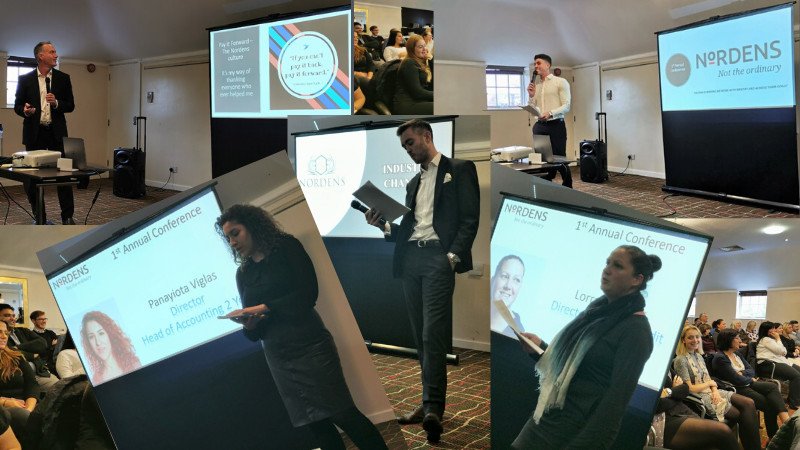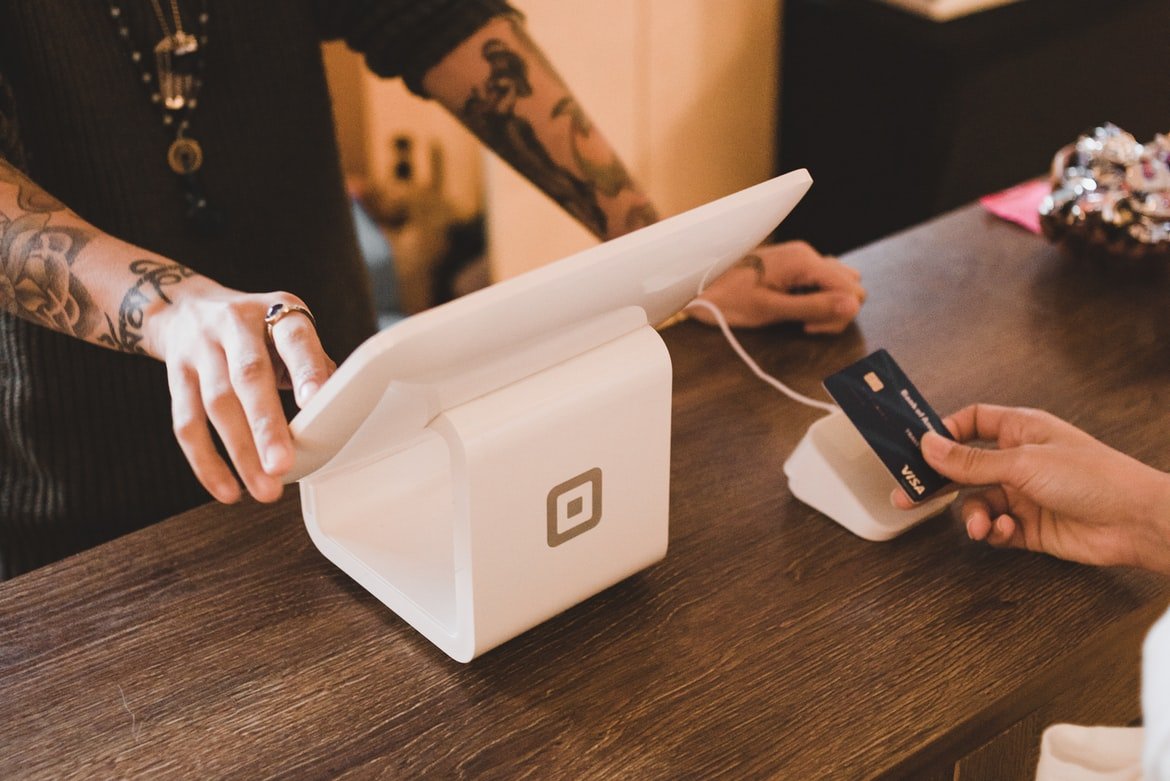The following article is an abridged version of an article written by Kate Palmer which appeared in the Sunday Times just before Christmas… It tells the true story of a businesswoman who was duped by scammers, costing her almost £13,000! This nightmare could have been avoided if she’d spoken to an accountant instead of trying to handle the matter herself. We’re always on hand to offer advice on any liaison with HMRC that you’re not expecting. Don’t be shy to call us for advice, even if you’re not currently our client…!
If you are one of the thousands of people who spent Christmas sorting out your tax returs, be warned: a sophisticated new scam is emerging where fraudsters, posing as the taxman, demand you pay back tax or face fines. More than 3,650 people fell victim to criminals pretending to be from HM Revenue & Customs between September 2017 and November 2018, according to City of London police figures.
The highest individual loss was £55,000. Victims reported total losses of £3.16m to the official reporting body, Action Fraud — an average of almost £4,000 each. In October alone, victims reported total losses of £241,536.
One victim was defrauded out of almost £13,000, leaving her with just 74p in her bank account. She was left a voice message saying she owed back taxes that urgently needed repaying. She owns her own business in the beauty industry, and is usually busy attending photoshoots and weddings, but dropped everything to resolve the issue.
“I do all of my own accounts, including self-assessment, in January each year,” said the 39-year-old from Fulham. “Working alone had led me to doubt I had been doing it correctly.” The woman is too embarrassed to have fallen victim to the fraud to be identified; she told the Times that she initially had doubts about the message. However, looking at the missed calls on her phone, she saw that the caller had rung twice using HMRC’s official numbers: 0300 200 3310 and 0300 200 3311. Both phone lines, which are listed on the government’s website, are dedicated to self-assessment inquiries.
When she returned the call, the person at the other end — who said his name was Michael Carter — added a further layer of authenticity. Not only did he know the reader’s current address and the nature of her business, but he correctly identified her old addresses. “He had a convincing manner and knew details about me that I’m unsure how they’d acquired,” she said.
He proceeded to tell her that, following an HMRC audit, she owed £4,900 in unpaid taxes for the years 2012 to 2016 and a black mark had been put against her passport, driving licence, national insurance number and bank accounts.
“It was all rather scary and alarming,” she said. She was given an appointment to see an HMRC officer the next week and advised to bring her accountant along.
Small business owners have been urged to make sure their records are correct as part of an ongoing tax crackdown by HMRC, which is tightening its grip on tax avoidance, deliberate or otherwise.
Before the appointment, she was told to pay the £4,900, plus £5,000 in “court-case registration” charges and a £6,000 security deposit for the meeting. The final two charges would be refunded if she paid straight away, she was told. She emptied her bank and savings accounts, making payments from her Barclays current account to two NatWest accounts, but she could afford to pay only £12,900. That was £3,000 short of the amount demanded by the callers. so she borrowed £10,000 from her family to tide her over until she could access other savings.
The penny dropped that it was a scam when she was asked for more money due to her missing a “payment deadline” — which she hadn’t. She called the police and the taxman, which confirmed the fraud.
“HMRC was shocked to find the scammers had cloned their official telephone number and were using it to call victims,” she said. All her available savings were cleaned out and her current account was left with just 74p in it.
Five days after becoming aware of the scam, her bank, Barclays, managed to recover one payment worth £578. Every other transaction successfully went through to the two NatWest accounts. Two months later, after she had filed a complaint, Barclays clawed back another £556. It refused to assist her further.
“By November, Barclays told me they had completed their investigations,” said the reader. “I received a generic letter asking me to report the scam to the police, which I had done long before.”
Barclays said it was a “sophisticated and targeted scam” and that it had acted to recover stolen funds as soon as possible. “No bank does more than Barclays to protect our customers,” it said.
The Financial Conduct Authority said it had concerns that providers of payment services were not doing enough to identify fraud or stop scammers operating accounts.
HMRC said it would call people about paying a debt only if it had already sent them a letter, or if the taxpayer had informed it that they owed some tax.
“If you’re in doubt, we recommend you end the call and contact HMRC using one of the numbers or online services available from gov.uk,” it added.
The department has also used social media to warn about scammers impersonating its staff to trick self-employed workers and small business owners.
Action Fraud, part of City of London police, said it worked closely with HMRC to stop financial crime. “We urge people to spot the signs of these scams in order to protect themselves,” it said. “If you think you have been a victim… report it to Action Fraud.”
File your tax return
Thousands of people file their tax returns on Christmas Day, writes Kate Palmer.
About 2,500 filed self-assessment forms online on December 25 2018, while 6,000 did them on Christmas Eve and 7,500 on Boxing Day.
Taxpayers have until 11:59pm on January 31 to file their returns for the year ending April 5, 2018, although experts warn that it is better to file early, before accountants and HM Revenue & Customs helplines get a lot busier. Last January, 760,000 people left it until the last day to file theirs.
It’s worth noting that you’d be liable for a penalty of £100 plus interest on any late payments if your tax return is up to three months late — and the financial penalties increase the more overdue a tax return becomes.
Have you filed yours? Don’t leave it until the last minute! Many accountants get snowed under and don’t have the time or resources to take on new clients. That’s not the case here at Nordens – we’d be delighted to help you, but time is of the essence now so don’t hesitate to get in touch if you need help for this month’s deadline. You can contact us on 020 8530 0720 or email paula.w@nordens.co.uk.
Click here to read the full article in the Sunday Times, and see the related graphics and charts.

























